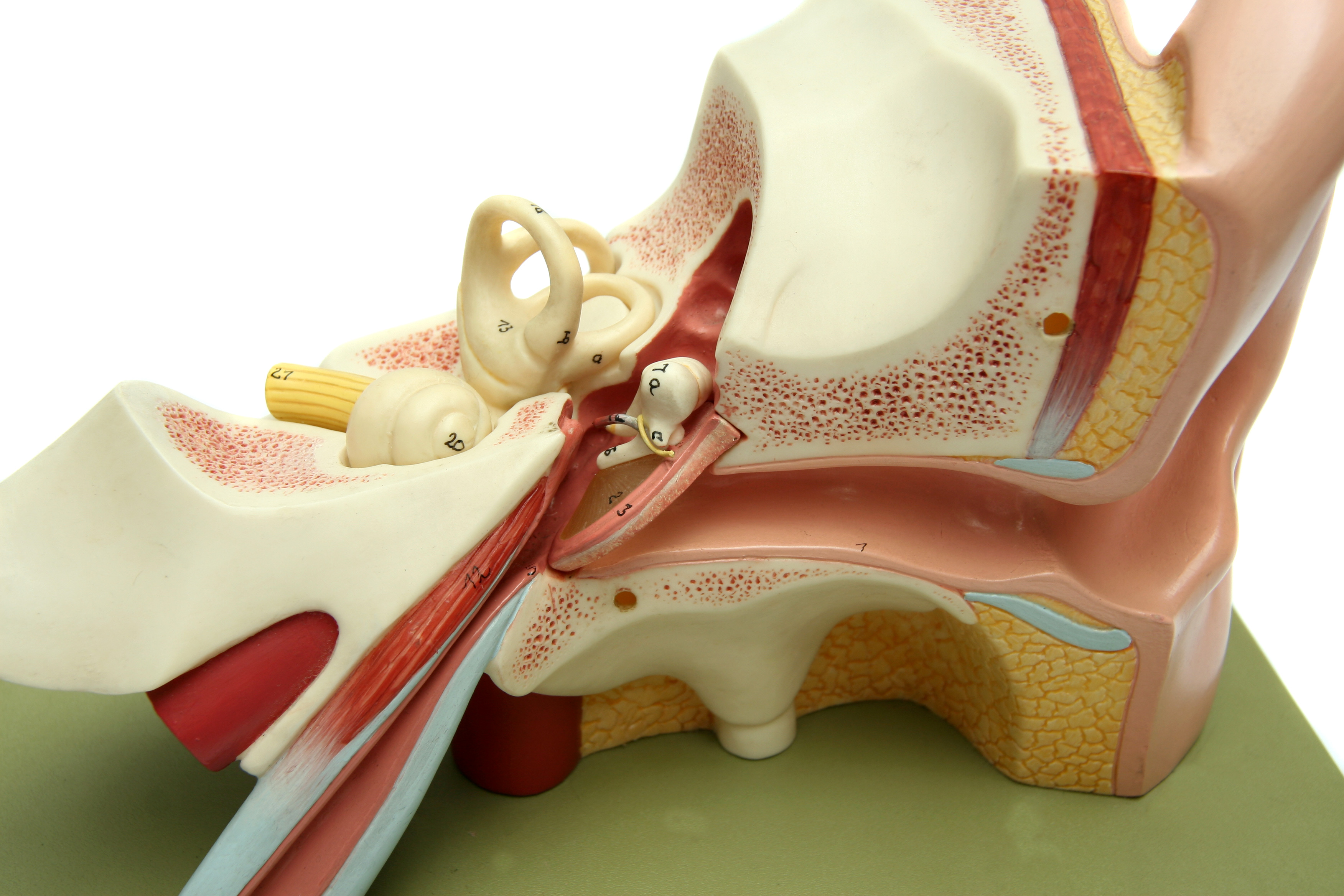
MONDAY, July 9 (HealthDay News) — Non-nutritive sweeteners like Splenda, Equal and Sweet’N Low may have a role to play in maintaining or even losing weight, as long as people don’t use them as an excuse to treat themselves later with high-calorie goodies.
That endorsement of six sugar substitutes as a dietary aid came in a scientific statement released Monday by two major health organizations, the American Heart Association and the American Diabetes Association.
“There may be a benefit to people who use them smartly and who don’t compensate later in the day and negate the benefit,” said Christopher Gardner, lead author of the new scientific statement.
According to background information in the document, which is being published simultaneously in the journals Circulation and Diabetes Care, some 6,000 foods and beverages on the U.S. market contain at least one of the six available non-nutritive sweeteners.
Four of them — sucralose (Splenda), acesuflame-K, neotame (made by NutraSweet) and saccharin (Sweet’N Low) — are artificial sweeteners and are regulated as food additives by the U.S. Food and Drug Administration (FDA). Aspartame (Equal or NutraSweet) is composed of three amino acids and stevia is a plant derivative, so technically both are not considered “artificial,” but they do have FDA approval, Gardner explained.
Regardless of where they come from, non-nutritive sweeteners have become increasingly popular. In 1965, only 3 percent of Americans used them in their diet; by 2004, 15 percent did.
That rise in popularity, however, has not been accompanied by a decrease in the consumption of added sugars, which contribute to obesity, diabetes and a host of other health woes, the scientific statement noted.
Overall, the scientific literature on non-nutritive sweeteners is scant, but there is some evidence that drinking a zero-calorie diet soda in place of a sugary soda may help reduce calories.
Neither beverage has any nutritional value, but people who drink diet beverages are not likely to compensate with cookies or other empty calories later in the day, Gardner said.
On the other hand, he added, people who eat foods containing non-nutritive sweeteners are more likely to compensate with sugar-laced items later in the day.
At this point, it’s not clear what effect non-nutritive sweeteners may have on actual weight loss or gain or total calorie or carbohydrate intake or if they have any effect on other risk factors for heart disease and diabetes.
But there is some evidence (largely anecdotal) that consuming products with non-nutritive sweeteners can help people with diabetes monitor their sugar intake, a key component of managing diabetes, Gardner said.
“Picking diet sodas over sodas or even picking foods with non-nutritive sweeteners can have a direct impact on sugar intake and [can be used] as a viable tool to get people to monitor their sugar intake,” he said.
Similarly, if you’re planning on having coffee anyway, “using a blue or yellow or pink packet, that’ll help,” Gardner said.
Overall, though, non-nutritive sweeteners are probably not the ultimate answer for keeping a healthy weight and staying healthy.
“I don’t think they’re the magic bullet for weight loss,” said Nancy Copperman, director of public health initiatives at North Shore-LIJ Health System in Great Neck, N.Y.
Statement author Gardner agreed. “If people are counting on this as the way to control calories and sugar, this isn’t it,” he said. “The bigger impact has to be from an overall healthy diet. You’re never going to turn a junk food into a health food just because you eliminated the sugar content. You never find non-nutritive sweeteners in carrots, broccoli or kidney beans, all the things we tell people to eat.”
More information
The American Heart Association has more on healthy eating.

